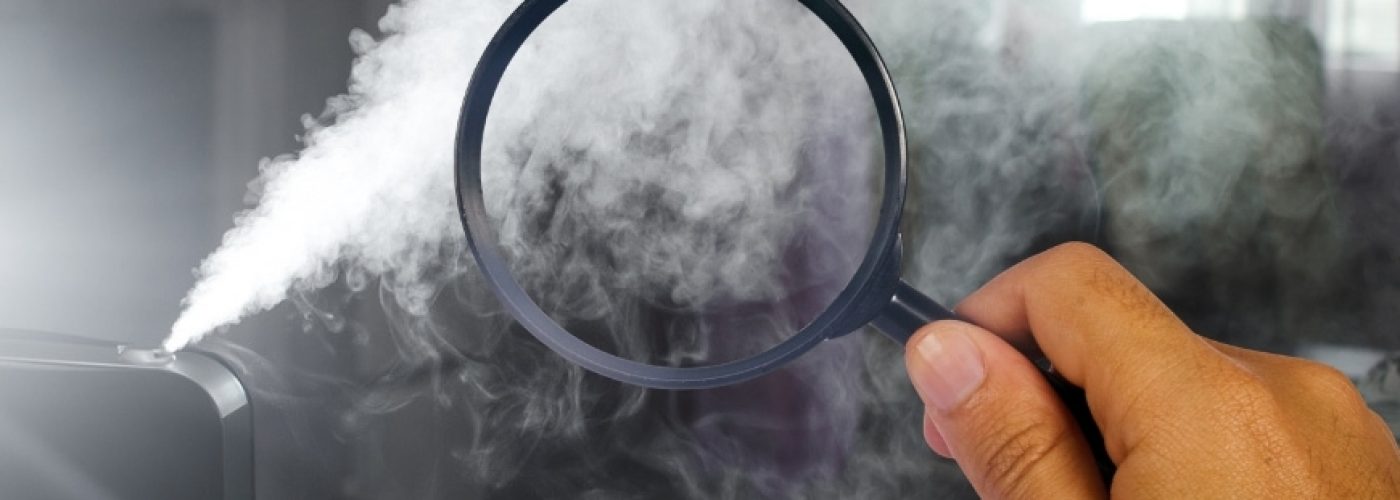Humidifiers come in all shapes and sizes, from cheap, cartoon-shaped styles to expensive, massive machines. Did you know that you can actually have a humidifying component installed into your HVAC system? There are pros and cons to every type of humidifier. Find out which choice is right for you and your home.
Adverse Effects of Dry Air
There are many perks of whole house humidifiers. Firstly, you need to figure out if a humidifier is necessary for your environment. An easy way to test the humidity in your home is by purchasing a small detection device. These are usually inexpensive and can tell you the percentage of humidity in your space. Generally, you want the percentage to be around 30 to 50. After you exceed 50, the chances of mold growth greatly increase.
If you’re dealing with dry air under 30 percent humidity, you should look into upping the moisture in the air around you. Dry air can cause physical and structural effects, including:
- Dry skin
- Irritated nasal passages
- Scratchy throat
- Chapped lips
- Respiratory issues
- Increased static
- Peeling wallpaper and paint
- Increased heat usage
If you’re in a dry environment, the air will feel colder, prompting you to crank up the heat. This not only wastes more money and energy, but it also adds to the dryness in the air. If you’re feeling or noticing any of the above issues, it may be time to look into a humidifier.
Portable Vs. Whole House Humidifiers
There are several different types of humidifiers, each with positive and negative attributes. Some of the most common include:
- Central (or whole home)
- Cool mist (ultrasonic)
- Warm mist (evaporators or steam vaporizers)
- Combination (with air purification)
With so many options on the market, it may be difficult to choose. You may have heard that portable humidifiers are prone to mold growth. This is one of the drawbacks of a separate machine. According to Stanford researchers, portable humidifiers need to be cleaned every three days. Otherwise, you could be doing more harm than good.
Bacteria thrives in moist areas, and if your humidifier isn’t cleaned, it can turn into a breeding ground. If you choose a portable version, you must keep on top of maintenance. Otherwise, harmful mold spores can be released into the air. Mold can damage your health and property, sometimes more than dry air.
Humidifier systems that are integrated into your HVAC system mitigate this risk. They often come with automatic regulated systems that detect the moisture in the air and adjust accordingly. While the whole house system still needs to be cleaned, you can do so annually rather than every three days.
Additional Humidifier Uses
Dry air can affect many unexpected areas of your life. Along with the aforementioned negative effects, low humidity can lead to other issues. For instance, if you have musical instruments made of wood, wood flooring, or other valuable wood furniture, it can crack due to a lack of moisture.
Furthermore, if you have trouble sleeping, white noise of a humidifier can help. Many people sleep with a white noise machine or fan. Why not use a central humidifier and work on alleviating other troublesome issues at the same time? There are many surprising benefits of adding moisture to the air. Just make sure you do so knowledgeably and maintain the integrity of your home and body.





